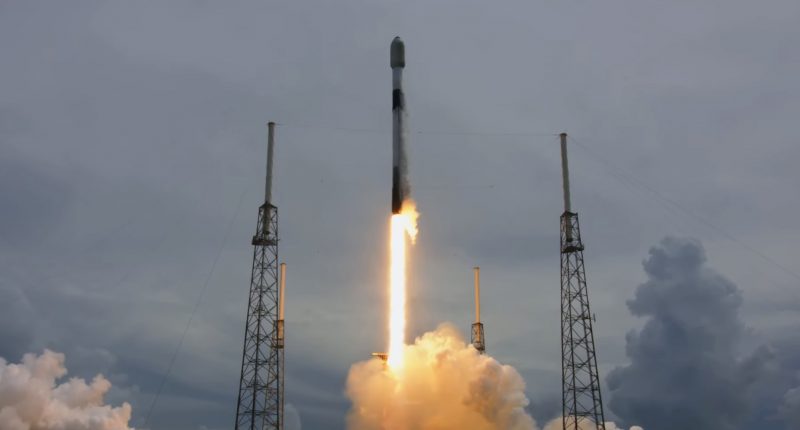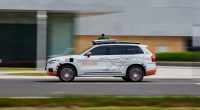SpaceX has launched one mission after the other, whether it be leading mankind’s domination of space or looking to provide high-speed, low latency internet for everyone across the globe. Now, in yet another milestone, Elon Musk’s space company has successfully launched an ambitious rideshare mission aboard its veteran booster, a reused Falcon 9 rocket. The mission saw launch of 88 satellites for the Transporter-2 mission into orbit, before landing back on Earth.
The 88 satellites included 5 for the Pentagon’s new Space Development Agency (SDA), which will test laser communications between one another in space as well as test in-space data processing. Others include a host of satellites for geospatial analytics firm HawkEye 360 that will gather radio frequency data and another cluster from radio-frequency reconnaissance firm Kleos that will “detect and geolocate maritime radio frequency transmissions” for commercial and government customers.
This also marked the first launch by 2021 by SpaceX where the first stage returned to land onshore (on SpaceX’s landing pad, LZ-1) and not on the drone ship at sea (“Of Course I Still Love You” and “Just Read The Instructions.”) It seems that Elon Musk’s SpaceX is looking to break its record for the most launches by its company in a year, surpassing last year’s record of 26 launches.
There are dozens more for various companies, countries, and schools – a total of 85 satellites for customers – and 3 Starlink satellites, bringing the total number of orbital objects carried by Elon Musk’s space company this year to nearly 900. The Transporter-1 mission, the first in the company’s rideshare business model, had launched no less than 143 satellites into orbit. The missions take small satellites to space for a starting price of $1 million.
The liftoff of the Falcon 9 rocket occurred without a hitch as it blasted off into a cloudy afternoon sky at 3:31 PM ET from Space Launch Complex 40 at Cape Canaveral, Florida, marking the company’s 20th launch this year (the 127th to date) and the eighth flight for the rocket’s first stage booster. The first stage booster separated at around 3:34 PM ET and returned to Cape Canaveral and successfully landed around eight minutes after liftoff.
The Transporter-2 was originally supposed to launch on Tuesday, June 29, but it was stopped 11 seconds before liftoff and postponed as a private helicopter entered airspace that was closed off by the Federal Aviation Administration (FAA) for the mission. Musk was not happy about the delay and tweeted that the regulatory system was broken.
“Unfortunately, the launch is called off for today, as an aircraft entered the ‘keep out zone,’ which is unreasonably gigantic,” Musk tweeted. “There is simply no way that humanity can become a spacefaring civilization without major regulatory reform. The current regulatory system is broken.”





